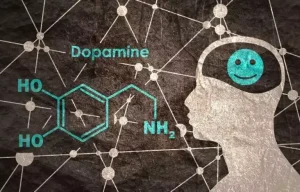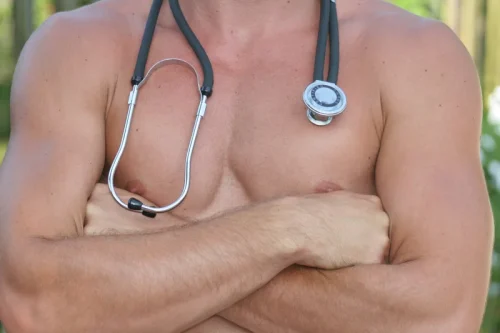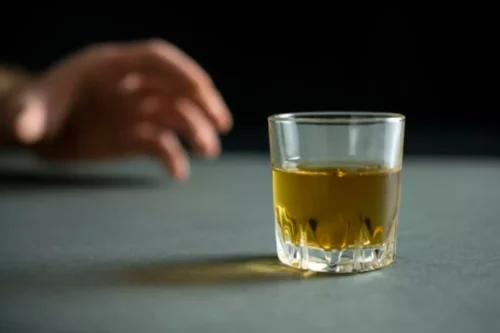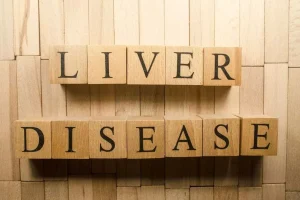
In the Treatment Engagement phase, SUD treatment providers endeavor to contact identified clients and enroll them in services. In the Active Treatment phase, providers complete clinical needs assessments with enrolled clients and proceed as indicated with treatment planning and intervention delivery. Ben is a father of two, a person in long term sustained recovery and a passionate advocate for intelligent evidence-based policy surrounding education, treatment and recovery from substance use disorders. family support in addiction recovery His professional background includes all aspects of organizational peer-professional integration and programming including training, coaching, and supervision as well as community and professional education and outreach. Beyond family participation in booster sessions, there is optimism that family involvement in youth recovery management can be facilitated by digital communication with family members and technology-based family-focused recovery supports (e.g., Dennis et al., 2014).
- This may be due to financial constraints, personal obligations at home, or sickness.
- Locally-based services address the needs of specific counties and regions and offer additional support to individuals, families, and communities, affected by addiction.
- It is well-established that utilizing multiple sources of information to detect youth SU is more accurate than relying on any single source (Winters, 1999).
Family Roles in Addiction – One Common Trap to Avoid
The field would benefit from additional research on CRAFT and other professional approaches for addressing stress and coping mechanisms, behavioral health problems, and general wellness among family members affected by youth SUD. Clinical assessment is meant to inform treatment planning and intervention delivery for each client. Intervention delivery for youth SUD typically involves individual/group behavioral services aimed at youth, family-based behavioral services, and/or OUD medication services; these types of interventions are delivered either standalone or in combination. Mountainside Treatment Center is a nationally acclaimed behavioral health network specializing in individualized alcohol and drug rehabilitation programs and services. Anthony Nave is an Internationally Certified Advanced Alcohol and Drug Counselor and Licensed Clinical Social Worker, who holds master’s degrees in Educational Psychology and Clinical Social Work. He is advanced certified in Eye Movement Desensitization and Reprocessing (EMDR) and is an EMDR Consultant.

Family Involvement In Adolescent Substance Abuse

She has a Masters of Public Administration and Affairs, and a Bachelor of Human Services – Professional Studies. Additionally, she is a Certified Alcoholism Substance Abuse https://ecosoberhouse.com/ Counselor- Advance (CASAC-A). As of 2017, there has been more research and greater advocacy by scholars to resume and strengthen family treatment within SUD programs.
- Shannon was provided with the opportunity to grow with the organization in 2008 when she was promoted to ILI’s Employment and Family Services Manager, overseeing the agency’s services to individuals with developmental disabilities and supervising a staff of 20.
- Most bookstores also offer a wide selection of books about the chemistry of addiction and the science behind addiction treatment.
- Family care for individuals with addicted loved ones needs to involve a combination of education, clinical treatment, and peer support.
- While it’s tempting to think that by helping a loved one avoid the negative consequences of their actions, they’re helping the situation, rescuers are in fact pushing their loved one further away from the motivation to seek treatment.
Effects of Addiction on Family Life
For example, In the Rooms offers many types of remote support groups for family members. You may also consider attending individual therapy or counseling on your own. Recovery is a lifelong process that requires daily work from your loved one, but you can also play a role in this journey. While you may not know exactly how to help a family member with addiction, there are plenty of ways you can support them. American Addiction Centers offers family therapy at many of our rehab centers across the country.
- Moreover, teaching individuals how to use positive communication skills to express emotions openly without resorting to hostility or blame is important to foster change.
- There are two monthly virtual meetings (1st and 3rd Tuesday of each month) to create a space where family members can have a learning collaboration with each other.
- That’s why, in addition to taking steps to help get your loved one into a treatment program, it’s important for family members and friends to have a good understanding of addiction while also continuing to take care of their own health.
- There are a number of excellent treatment facilities that provide support for both the person and their family, including The Recovery Village.
- As a client starts their treatment journey at an inpatient level of care, their family and loved ones should simultaneously begin their own journey at an outpatient treatment and/or community support level to heal from their personal trauma and grief (SAMHSA, 2020).
- Given the paucity of well-validated family screening tools, identifying and validating such measures is a priority to promote family involvement in the screening stage of the continuum.
- Unfortunately, many older adults suffer from prescription misuse or dependence.
The Role of Family in Supporting Recovery
- Some may tune in and out, being inconsistently emotionally available for their child.
- In response, FOR-NY developed a robust Family to Family Resource Guide to help loved ones identify and access critical resources that can assist in helping both their loved ones and themselves.
- We publish material that is researched, cited, edited and reviewed by licensed medical professionals.
- For the past 35 years, he has soldiered for social justice, compassionate human services and recovery.
Completing a drug and alcohol treatment program and re-entering society as a sober person is not without problems. They think struggling individuals are simply choosing substance use over priorities such as family. Whether you have a loved one in treatment or not, we are here to offer you resources and support to help your family manage addiction and recovery. Active involvement includes participating in therapy sessions, attending educational seminars, and being part of relapse prevention planning.
Additional Resources & Support For Families of Addicts

Peer Engagement Specialists

